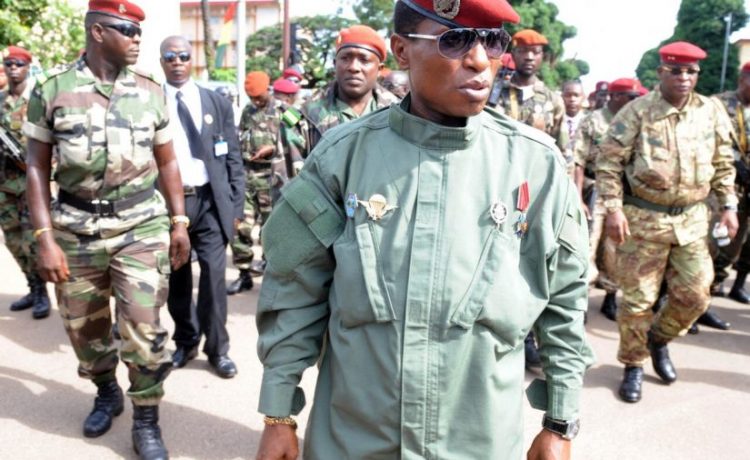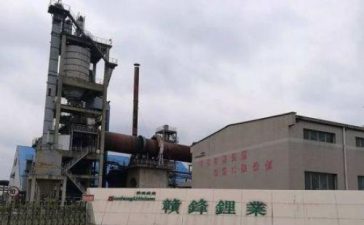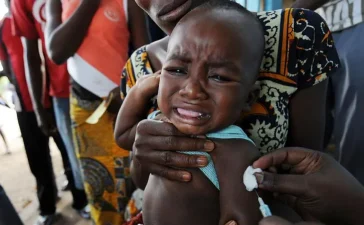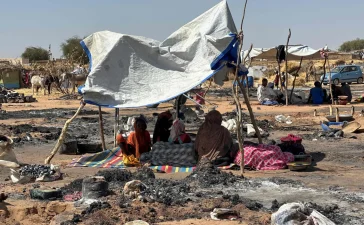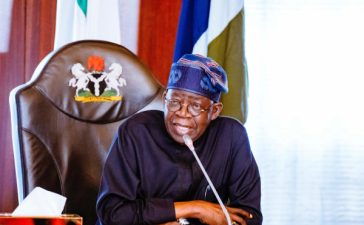Thirteen years ago, on Sept. 28, 2009, security forces stormed a stadium where tens of thousands of pro-democracy protesters were demonstrating against the president at the time, Capt. Moussa Dadis Camara, who had seized power in a coup.

More than 150 people were killed, hundreds of others were wounded and at least 109 women were raped or sexually assaulted, according to a U.N. investigation and witness accounts gathered by Human Rights Watch.
The trial is unprecedented in Guinea, with a new courtroom built in the capital, Conakry, for the occasion. The case is seen by many human rights experts as a test for a West African country in holding army officers to account.
The trial comes even as military leaders have toppled governments in the region, including in Guinea, a nation of 13 million where Col. Mamady Doumbouya, a U.S.-trained officer, staged a coup last year. Many survivors of the 2009 massacre and relatives of victims have praised him for bringing the country’s former president and others to court, despite the criticisms of his rule by rights groups.

The officials standing trial include Captain Camara; his aide-de-camp, who witnesses say was at the stadium and directing guards there; and the head of a gendarme unit involved in the killings. Shortly after the massacre, Captain Camara deflected responsibility on his aide-de-camp — who shot Captain Camara in the head in retaliation, according to the authorities at the time. Captain Camara, who had held power in Guinea for about a year, survived the shooting and lived in exile in Burkina Faso until returning to Guinea last week for the trial. [New York Times]

